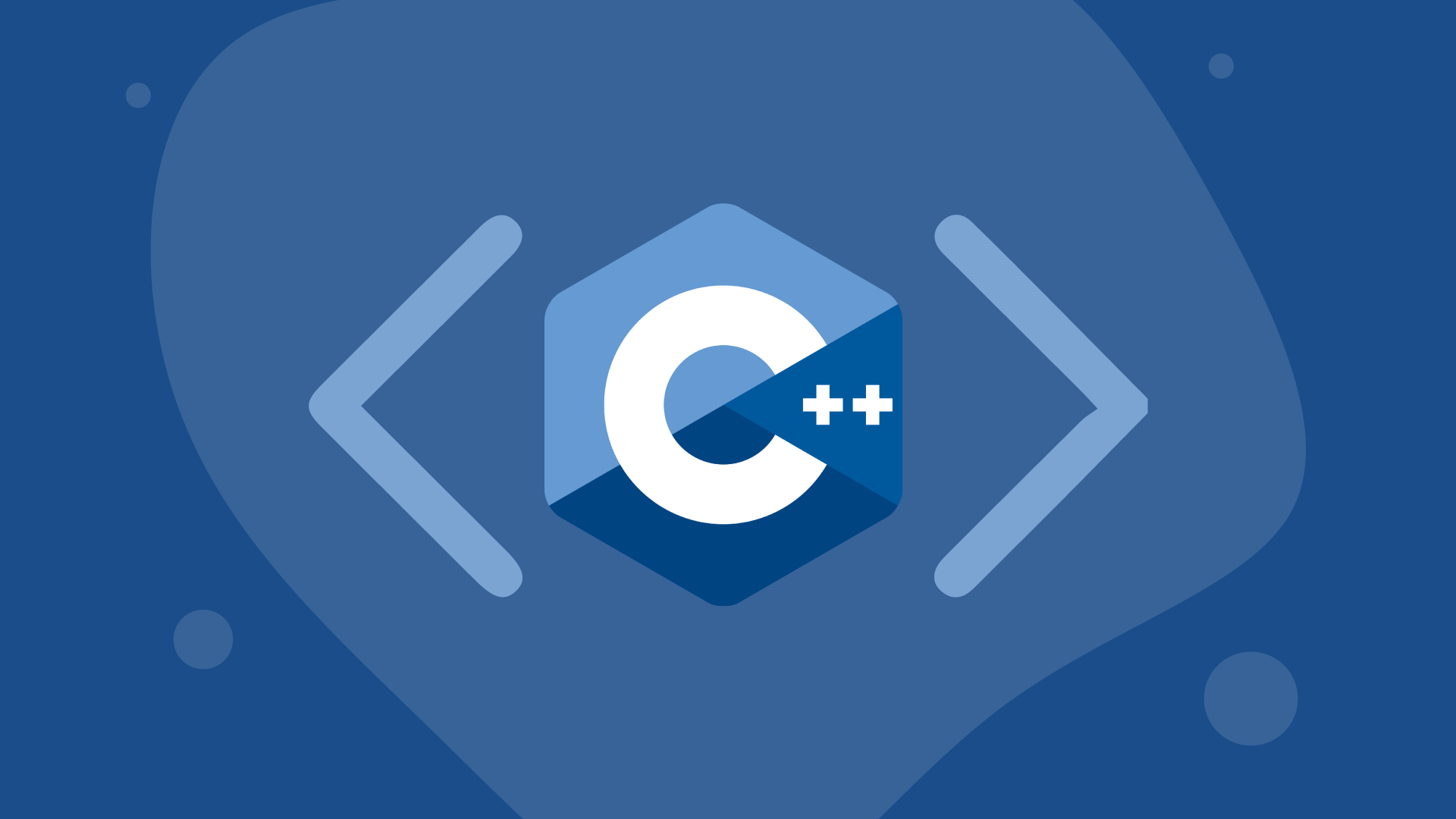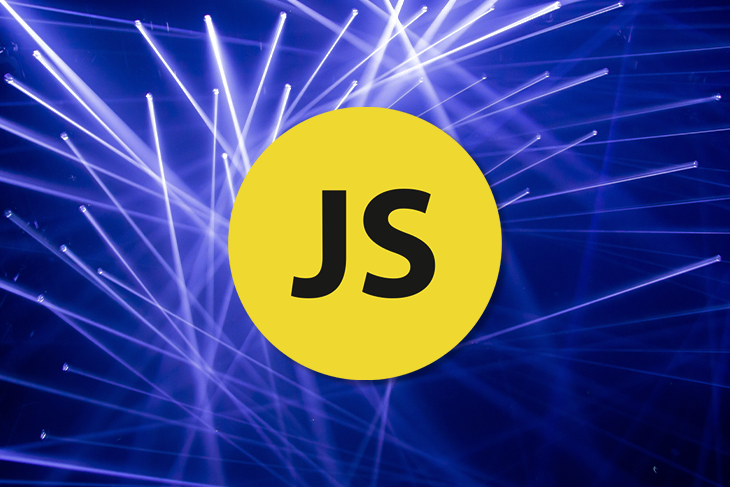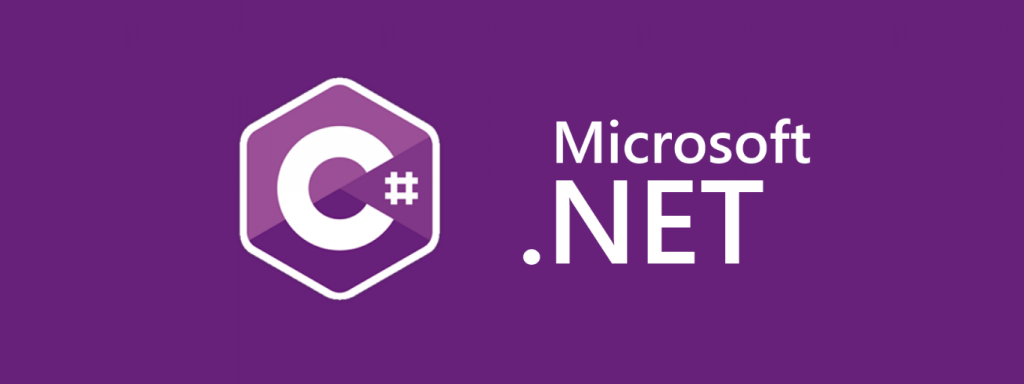 It is difficult to definitively rank the "top" programming languages, as the popularity of programming languages can vary depending on factors such as the specific industry, the type of application being developed, and the personal preferences of developers. However, based on various indices and surveys, the following five programming languages are often cited as some of the most popular and widely used:
It is difficult to definitively rank the "top" programming languages, as the popularity of programming languages can vary depending on factors such as the specific industry, the type of application being developed, and the personal preferences of developers. However, based on various indices and surveys, the following five programming languages are often cited as some of the most popular and widely used:

Python: Python is a high-level, general-purpose programming language that is widely used in a variety of industries, including web development, data science, artificial intelligence, and scientific computing. It is known for its simplicity and readability, making it a popular choice for beginners.

Java: Java is a popular, object-oriented programming language that is widely used in enterprise software development. It is known for its portability, meaning that Java programs can run on any device that has a Java Virtual Machine (JVM) installed, regardless of the underlying hardware and operating system.

C++: C++ is a high-performance programming language that is widely used in systems programming, as well as in the development of applications for servers, desktops, and mobile devices. It is known for its efficiency and flexibility, and is often used to develop operating systems, web browsers, and other software that requires a high degree of control over system resources.

JavaScript: JavaScript is a popular, lightweight programming language that is used to create interactive elements on websites. It is often used in conjunction with HTML and CSS to build web applications and front-end user interfaces.

C#: C# is a modern, object-oriented programming language that is widely used in the development of Windows applications and games. It is also commonly used in the development of mobile and web applications, as well as in the creation of back-end systems.
It is worth noting that these are just a few examples, and there are many other programming languages that are also widely used and popular in different contexts.
 It is difficult to definitively rank the "top" programming languages, as the popularity of programming languages can vary depending on factors such as the specific industry, the type of application being developed, and the personal preferences of developers. However, based on various indices and surveys, the following five programming languages are often cited as some of the most popular and widely used:
It is difficult to definitively rank the "top" programming languages, as the popularity of programming languages can vary depending on factors such as the specific industry, the type of application being developed, and the personal preferences of developers. However, based on various indices and surveys, the following five programming languages are often cited as some of the most popular and widely used:
 Python: Python is a high-level, general-purpose programming language that is widely used in a variety of industries, including web development, data science, artificial intelligence, and scientific computing. It is known for its simplicity and readability, making it a popular choice for beginners.
Python: Python is a high-level, general-purpose programming language that is widely used in a variety of industries, including web development, data science, artificial intelligence, and scientific computing. It is known for its simplicity and readability, making it a popular choice for beginners. Java: Java is a popular, object-oriented programming language that is widely used in enterprise software development. It is known for its portability, meaning that Java programs can run on any device that has a Java Virtual Machine (JVM) installed, regardless of the underlying hardware and operating system.
Java: Java is a popular, object-oriented programming language that is widely used in enterprise software development. It is known for its portability, meaning that Java programs can run on any device that has a Java Virtual Machine (JVM) installed, regardless of the underlying hardware and operating system. C++: C++ is a high-performance programming language that is widely used in systems programming, as well as in the development of applications for servers, desktops, and mobile devices. It is known for its efficiency and flexibility, and is often used to develop operating systems, web browsers, and other software that requires a high degree of control over system resources.
C++: C++ is a high-performance programming language that is widely used in systems programming, as well as in the development of applications for servers, desktops, and mobile devices. It is known for its efficiency and flexibility, and is often used to develop operating systems, web browsers, and other software that requires a high degree of control over system resources. JavaScript: JavaScript is a popular, lightweight programming language that is used to create interactive elements on websites. It is often used in conjunction with HTML and CSS to build web applications and front-end user interfaces.
JavaScript: JavaScript is a popular, lightweight programming language that is used to create interactive elements on websites. It is often used in conjunction with HTML and CSS to build web applications and front-end user interfaces. C#: C# is a modern, object-oriented programming language that is widely used in the development of Windows applications and games. It is also commonly used in the development of mobile and web applications, as well as in the creation of back-end systems.
C#: C# is a modern, object-oriented programming language that is widely used in the development of Windows applications and games. It is also commonly used in the development of mobile and web applications, as well as in the creation of back-end systems.
0 Comments